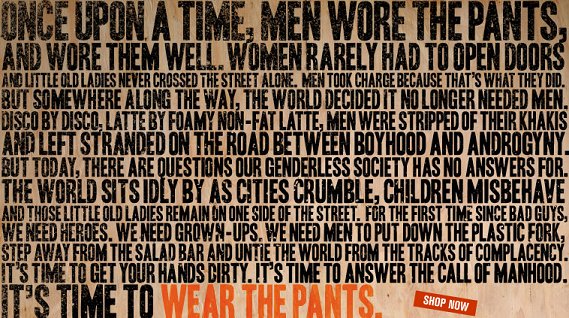On this day in history 38 years ago, a court decision legalized the genocide which has since killed over 40 million unborn babies.
In 1973, my cousin Danny was a baby. 615,831 of his peers were murdered.
In 1974, my cousin Donna was born (I estimate). 763,476 of her peers were murdered.
In 1975, my cousin Shiloh was born. 854,853 of his peers were murdered.
In 1977, my cousin Judah was born. 1,079,430 of his peers were murdered.
In 1979, my cousins Sarah and Janalynn were born. 1,251,921 of their peers were murdered.
In 1980, my cousin Jamin was born. 1,297,606 of his peers were murdered.
In 1981, my cousin Adam was born. 1,300,760 of his peers were murdered.
In 1983, my sister Anna was protected in our mother’s womb. 1,268,987 of her peers were murdered.
In 1984, my sister Anna and cousin Ariann were born. 1,333,521 of their peers were murdered.
In 1985, I was born. 1,328,570 of my peers were murdered.
In 1986, my brother Joshua was born. 1,328,112 of his peers were murdered.
In 1987, my cousins Joseph, Vicki, and Luke were born. 1,353,671 of their peers were murdered.
In 1988, my cousin Joseph and sister-in-law Debbie were born. 1,371,285 of their peers were murdered.
In 1989, my brother Daniel and cousins Elizabeth, Becca and Christine were born. 1,396,658 of their peers were murdered.
In 1990, my brother John and cousins Matthew and Paul were born. 1,429,577 of their peers were murdered.
In 1991, my cousins Patrick, Joanna, and Jennifer, and sister-out-law Joanna were born. 1,388,937 of their peers were murdered.
In 1992, my brother Tim and cousins Joel, Jesse, Jeremy, and Caroline were born. 1,359,145 of their peers were murdered.
In 1993, my cousin Eric was born. Another cousin, Melinda, was born stillborn and grieved for by a loving family. 1,330,414 of their peers were murdered.
In 1994, my sister Grace, cousins Michael, Aaron, and Naomi, and brother-out-law John were born. 1,267,415 of their peers were murdered.
In 1995, my cousins Dominique and Kyle were born. 1,210,883 of their peers were murdered.
In 1996, my cousins Ben, Joel, Clayton, and Hannah were born. 1,225,937 of their peers were murdered.
In 1997, my cousins Caleb, Bethany, and Susannah were/was born. 1,186,039 of their peers were murdered.
In 1998, my cousin Lauren was born. Over 884,273* of her peers were murdered.
In 1999, my cousins Isaac and Tabitha were born. Over 861,789* of their peers were murdered.
In 2000, my cousins Megan and Brett were born. Over 857,475* of their peers were murdered.
In 2002, my cousin Anthony was born. Over 854,122* of his peers were murdered.
In 2004, my cousin Brooke was born. Over 839,226* of her peers were murdered.
In 2006, Ezekiel was born to my cousins Shiloh and Janalynn. Over 846,181* of his peers were murdered.
In 2008, Lexie was born to my cousins Sarah and Byron. 1,212,350 of her peers were murdered.
In 2010, Mackenna was born to my cousins Ariann and Mike, and Carter was born to my cousins Adam and Theresa. A thus far unnumbered multitude of their peers were murdered.
In 2011, my nephew or niece will be born. How many of his peers will be murdered this year?
and take action
to end abortion
Are you or your children survivors of this genocide? Would you like your name to be listed within these rolls? Please leave a comment or send me an e-mail and I’ll add you/them to the list. And please, please pray for the end of this genocide.
*Statistics were not reported by the states of California or New Hampshire from 1998 to the present. Alaska did not report from 1998-2002. Oklahoma did not report from 1998-1999. West Virginia did not report from 2003-2004. Louisiana has not reported from 2005 to the present. The children in these states murdered through abortion remain unnumbered, but not forgotten.







